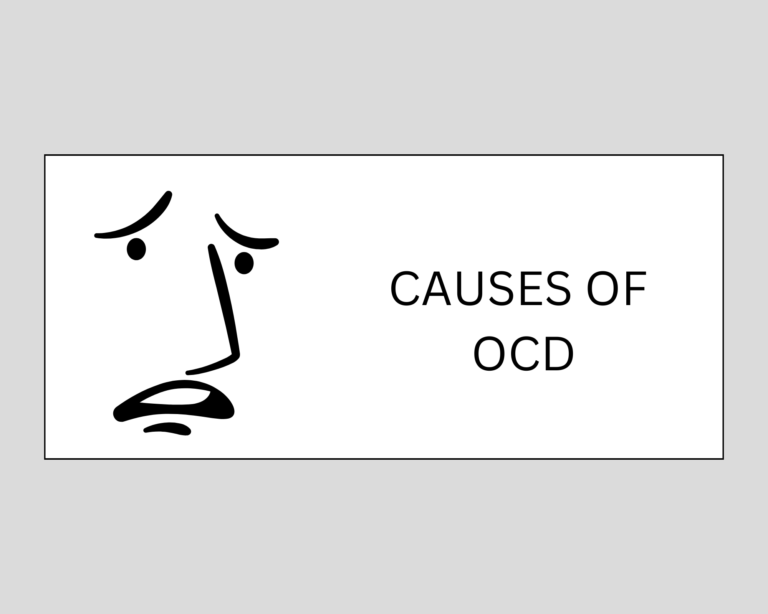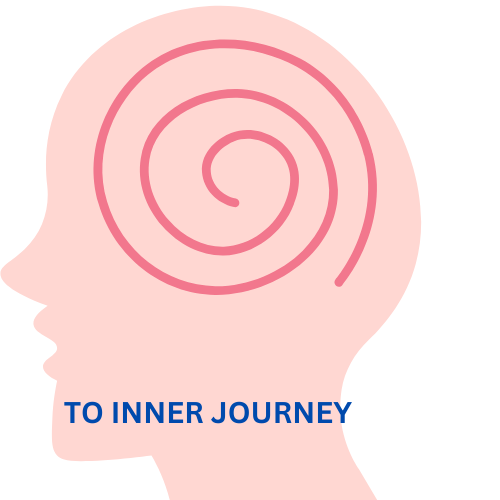
what is OCD?
There are many causes of OCD . But before that let’s understand it. Obsessive-Compulsive Disorder (OCD) is a mental health condition characterized by two main components: obsessions and compulsions. These can cause significant distress and interfere with daily life. Let’s break down these components:
- Obsessions: These are unwanted, intrusive, and often distressing thoughts, images, or urges that repeatedly enter a person’s mind. Obsessions tend to be persistent and cause anxiety or discomfort. Examples include fears of contamination, doubts about safety (like thinking you left the stove on), or unwanted aggressive thoughts.
- Compulsions: Compulsions are repetitive behaviors or mental acts that someone feels driven to perform in response to an obsession. The goal is usually to reduce the anxiety or discomfort caused by the obsession, though the relief is often temporary. Common compulsions include excessive hand-washing, checking things repeatedly, or counting or repeating phrases mentally.
WHEN THIS PATTERN DISTURBS OUR PEACE AND AFFECT OUR MENTAL HEALTH , WE CALL IT A DISORDER
The OCD Cycle
OCD often follows a repetitive cycle:
- Obsession → leads to anxiety or distress.
- Compulsion → temporarily reduces the anxiety or distress.
- Relief → the compulsion provides short-lived relief, reinforcing the behavior.
- Return of Obsession → the obsession returns, restarting the cycle.

CAUSES OF OCD
The causes of OCD , Obsessive-Compulsive Disorder (OCD) are complex and not entirely understood, but research suggests that a combination of genetic, neurological, environmental, and psychological factors likely contribute to the development of the disorder. Here are the main factors believed to play a role:
- Genetic Factors
- Family History: OCD can run in families, and having a first-degree relative (like a parent or sibling) with OCD may increase the risk.
- Genes: Certain genes might contribute to the causes of OCD , though specific genes associated with OCD have not been pinpointed. Studies are ongoing to understand the genetic components.
- Brain Structure and Function
- Brain Chemistry: Imbalances in serotonin, a neurotransmitter linked to mood regulation, are thought to contribute to OCD. Medications that increase serotonin levels (SSRIs) are often effective in managing symptoms.
Brain Circuitry: Differences in brain regions involved in decision-making, behavior, and emotional regulation, like the orbitofrontal cortex, basal ganglia, and thalamus, may be linked to OCD. Studies show that these areas are more active in people with OCD, potentially contributing to the repetitive behaviors and obsessive thinking patterns.
- Environmental Factors
- Stressful or Traumatic Life Events: Stressful events, particularly in childhood or adolescence, may become the causes of OCD in people predisposed to it. Examples include the death of a loved one, abuse, or illness.
- Psychological Factors
- Learned Behaviors: OCD behaviors may develop from learned associations, where a person connects specific actions with reducing anxiety. Over time, the cycle of obsession and compulsion reinforces itself, becoming difficult to break.
Perfectionism or High Anxiety Sensitivity: People with OCD often have a heightened need for control or certainty, which can make them more prone to obsessive thoughts and ritualistic behaviors to reduce discomfort or anxiety
- Cognitive Patterns
People with OCD often overestimate the probability of harm or see situations as highly threatening. This can lead them to worry excessively and feel a strong need to neutralize these perceived threats with compulsions. Cognitive distortions like “magical thinking” (believing thoughts can influence outcomes) may also play a role in reinforcing OCD behaviors.
6. WRONG INFORMATION
Sometimes wrong information which enters our mind subconsciously, our mind due to its default behavior of protecting us connect this with fear and make it a fact. Although the scenario in that case may have been different, but we subconsciously out of fear develop that pattern. For example, we heard in newspaper that the person died in the lift, now we take it as it is and are worried in riding the lift without knowing the complete scenario
- PAST EXPERIENCES
Some of our past experiences may lead to OCD , for example we someday fell very ill may due to some unhygienic situation, now we developed fear for it, and when it got excessive the OCD cycle begun. Here we need to challenge our thoughts and ask ourself is it a fact and if it is what is the level of precaution we should take without disturbing our lives.
8. FEAR
Often excessive anxiety and fear leads to OCD. Here we need to be aware of our thoughts and challenge our fear logically ,if it is valid, if it is a fact or just a mind play
CONCLUSION
In conclusion, OCD if not controlled or taken care of may disturb our life to a great extent, it consists of two factors obsession which is part O of OCD which happens at the level of thoughts, next is C ,which happens at the level of behavior repeating certain acts to get relief and when this disturbs our daily life we call it a disorder. Hence OCD. Now, there are several causes of OCD like genetics may play a role, disbalance in certain neurotransmitters. But the main cause of OCD is stress and fear. It may happen due to some past experiences, wrong information or maybe a stressful environment
